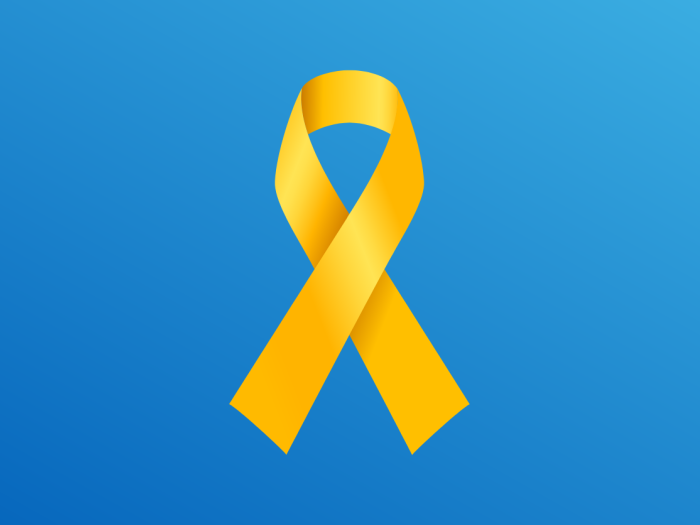Every single suicide deeply affects individuals and has far-reaching emotional, social and economic consequences. Last year in the UK alone there were more than 6,000 suicides.
Today is World Suicide Prevention Day and the global theme this year is to 'change the narrative' about it by raising awareness of the importance of reducing stigma and encouraging open conversations to prevent suicides.
And in this blog Vin Lewin, investigation lead for SHSC, shares how his experience of suicide as a nurse has driven the choices he's made in his career.
One evening on a late shift I completed the informal admission of a young man; we had a higher number of informal admissions than we did admissions under the Mental Health Act back then. He worked as a travelling chef all over the country and was staying with family in Sheffield. He had been brought to hospital by his relative after they had found him unconscious with an empty bottle of medication next to him.
I quickly established with him that alcohol and drug use were a precipitating factor in his desire to end his own life and together we developed a plan that would help him avoid alcohol and drugs, where possible, and get ongoing support from other services once he was discharged. He seemed really keen to get help and I thought we built up a really positive rapport in the time we spent together. I’d had little or no training in understanding why people end their own life, but I did document that he felt hopeless, lonely, and that he struggled to communicate and felt like he was a burden on his family. All these words I now know are key indicators to ask more questions and prompts to ask the main questions: 'Are you having suicidal thoughts?' or 'Have you felt like you want to end your life?' and ‘How and when are you intending to do this?’
I think I went home believing he was safe because he was on the ward and because he seemed keen to engage in the various options that were available to him.
It was later that night that I found out he had taken his own life in one of the bed bays. I also found out later that he had a bottle of spirits in his belongings, and that he had consumed this before he died.
I was in absolute shock and went into work the next morning feeling numb and like I had failed him. As I went into work, I was met by three managers who told me that they were confiscating my notes before anything could be added to them, this didn’t help and compounded the feeling I had that I had done something wrong. Everyone on the ward was devastated but we had very little time to talk about this as we had a ward full of other patients to care for.
Eventually the inquest was held. I was told that I needed to be at the medico-legal centre for a specific time, to dress smart and wait until my name was called. That was more or less the extent of my preparation for court and at the time I thought that I would probably lose my job.
Listening to the distress of the family, the distress of other staff involved, my own distress and then giving evidence felt overwhelming and I felt like I would do anything to be somewhere else.
The coroner was amazing and his experience in understanding everyone’s distress shone through.
Work in understanding suicide, how to talk about suicide and how to help someone keep themselves safe from suicide has come a long way since then and the monthly training provided by SHSC helps keep us focused on what works and what new developments are available.
We have also come a long way in understanding the need for robust staff support and I have recently spent time with a number of teams talking about how it is vital that we have an agreed set of guiding team principles for tailored support when dealing with a patient’s suicide.
Supporting family and significant others after suicide has also improved since my early experience. As a part of my current role in learning from death I see exceptional examples of SHSC supporting people affected by suicide. I don’t personally think we can ever stop learning and developing this area of our practice and as we start to implement the new Patient Safety Incident Response Framework (PSIRF) our focus on the importance of family and significant other will grow.
The support we provide to people who have to give evidence at an inquest has also improved massively since I was a young nurse and there are supportive processes in place for everyone to understand the process and to feel supported through it.
I will never allow myself to forget my early career experience, or the person involved because it sparked my desire to have a positive influence on finally breaking down the taboos associated with suicide, helping others and where ever possible preventing suicide.
